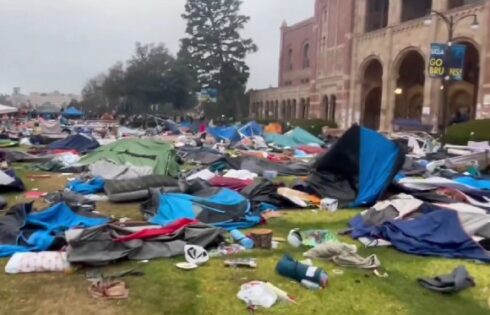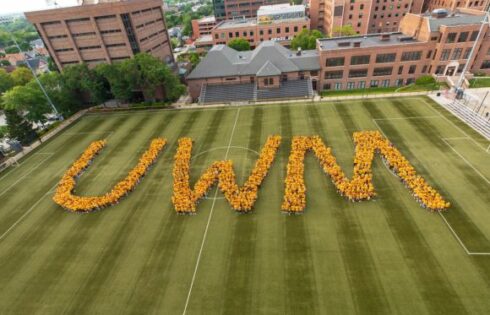
Lots of popular things get government subsidies: sports stadiums, roads, mortgages.
Some really unpopular things get university subsidies – meaning that not just taxpayers but students are coughing up money for them.
George Leef at the Pope Center for Higher Education Policy calls attention to the millions spent by universities to subsidize their own academic presses, which often publish works that are so “narrow and politicized that they would have minimal appeal or value even to other academics, much less the public.”
The University of North Carolina Press, for example, has recently taken $500,000 from the state to cover its deficit and publish these gems, Leef writes:
Consider Nursing and Empire by American studies professor Sujani Reddy. The book “demonstrates the urgency of understanding Indian nurse migration to the United States in relation to the many reconfigurations of ‘Anglo-American capitalist imperialism’ over two centuries.”
Then there is Tales from the Haunted South by Tiya Miles. Professor Miles writes about “the popular yet troubling phenomenon” of ghost tours at old plantations and cemeteries in the South. The problem she sees is that these tours “appropriate and skew African American history to produce representations of slavery for commercial gain.”
Another book we might question is Liberated Threads by Tanisha Ford, a professor of women’s and gender studies. It “explores how and why black women in places as far-flung as New York City, Atlanta, London, and Johannesburg incorporated style and beauty into their activism.”
This easy money for far-left academics provides perverse incentives, he continues:
The availability of subsidized university presses encourages faculty members to write books that help to pad their CVs, thereby making them more appealing to hiring and tenure committees. Those books are usually on some personal interest or pet peeve of the author. The press sells a tiny number of copies to university libraries, where they just gather dust on shelves. All of this is a poor use of time and resources.
States should drop this support for university presses and force them to partner with charitable organizations and independent publishers if they want to continue peddling low-interest books, Leef says.
Academic presses are already facing the creative destruction of their craft by digitization, and they will “more rapidly discover the best ways of adapting if they do not have the crutch of government subsidies,” he concludes.
Like The College Fix on Facebook / Follow us on Twitter
IMAGE: Anton Watman/Shutterstock




Please join the conversation about our stories on Facebook, Twitter, Instagram, Reddit, MeWe, Rumble, Gab, Minds and Gettr.